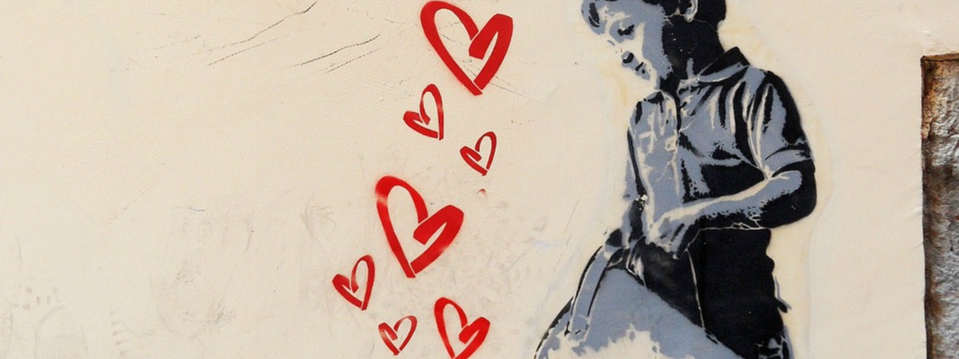Got gratitude? New research shows that doing makes us more grateful than having
A new study, published in the journal Emotion, suggests many of us feel more thankful for things we experience rather than things we own—and that the gratitude we derive from experiences can make us more generous to others.
“Think about how you feel when you come home from buying something new,” says Thomas Gilovich, professor of psychology at Cornell University.
“You might say, ‘this new couch is cool,’ but you’re less likely to say ‘I’m so grateful for that set of shelves.’ But when you come home from a vacation, you are likely to say, ‘I feel so blessed I got to go.’ People say positive things about the stuff they bought, but they don’t usually express gratitude for it—or they don’t express it as often as they do for their experiences.”
This was evident—not only in experiments conducted for the study—but also in real-world evidence.
In 1,200 online customer reviews, half for experiential purchases like restaurant meals and hotel stays and half for material purchases like furniture and clothing, reviewers were more likely to spontaneously mention feeling grateful for experiential purchases than material ones.
One other reason for this increased gratitude may be because experiences trigger fewer social comparisons than material possessions, says first author Jesse Walker, a psychology graduate student. Consequently, experiences are more likely to foster a greater appreciation of one’s own circumstances.
Researchers also looked at how gratitude for experiences versus material purchases affect pro-social behavior. An economic game showed that thinking about a meaningful experiential purchase caused participants to behave more generously toward others than when they thought about a material purchase.
This link between gratitude and altruistic behavior is intriguing, “because it suggests that the benefits of experiential consumption apply not only to the consumers of those purchases themselves, but to others in their orbit as well,” says coauthor Amit Kumar, a postdoctoral researcher at the University of Chicago.
The findings show an approach that governments can take to both increase the well-being of their citizens and advance societal good, says Gilovich. “If public policy encouraged people to consume experiences rather than spending money on things, it would increase their gratitude and happiness and make them more generous as well.”
Bottom Line for Mentors and Mentoring Organizations
When thinking about the implications of this research in the context of mentor-mentee relationships, there are clear implications for ways to bolster the positive impact of efforts to connect with a mentee. This is not to say that instrumental material purchases have no place in a mentoring relationship. Indeed, such purchases can address critical needs in the mentee’s life where it is appropriate to do so.
Rather, it is helpful to think of this research as underscoring the utility of including experiential purchases, where possible, in a mentor’s toolbox of activities and methods of engagement with a mentee. A mentor should have a variety of options at his or her disposal when spending time with a mentee, and such purchases can foster gratitude and happiness, both for the mentee and the mentor.
Source: Cornell University
Original Study DOI: 10.1037/emo0000242











